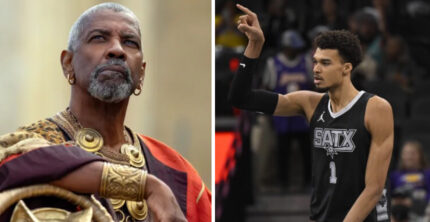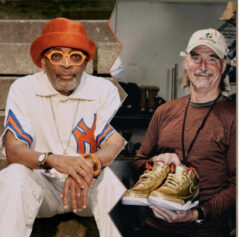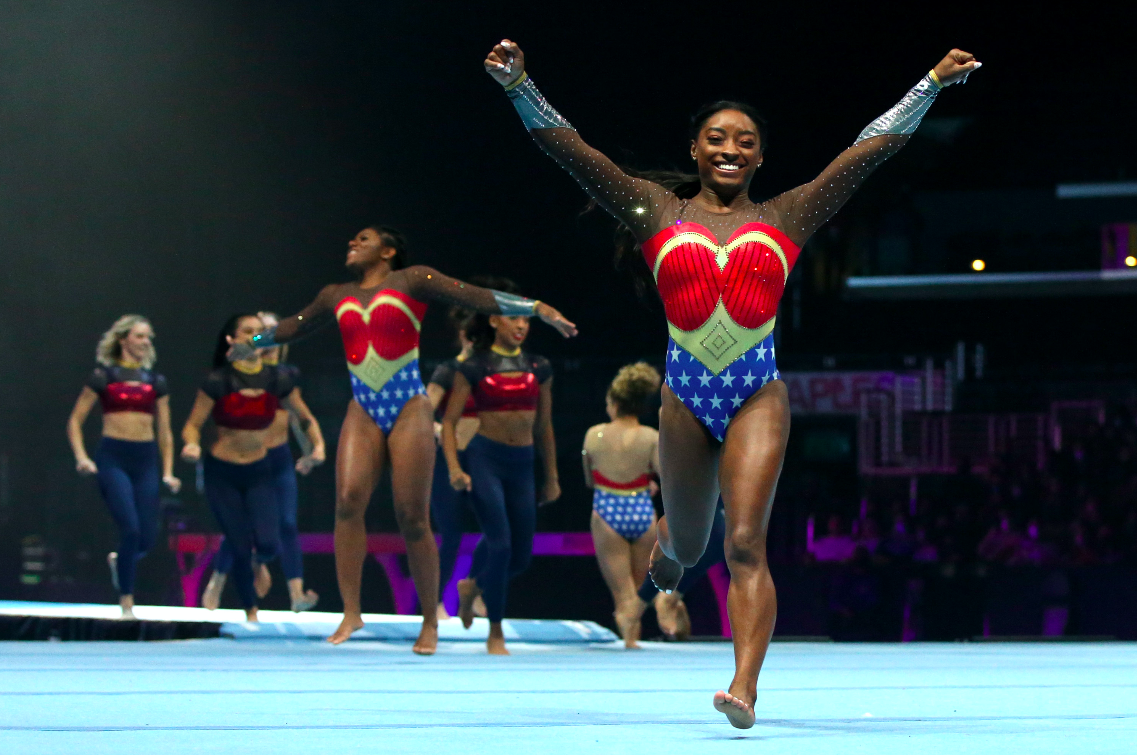I hate to be the one to say it, but it feels like only ’80s babies and older truly appreciate what Spike Lee brought to the game; and I’m not talking about the game of basketball (’90s Knicks fans hate him for that; just watch Reggie Miller vs. the Knicks to understand why).
I’m talking about the cinema game. Bold with his vision and controversial with his stories, Spike knew how to engage audiences with his characters while enabling them to feel a certain way with the narrative. Not only was Spike ahead of his time, but he was also what we needed at the time.
While Do The Right Thing is the movie most-associated with Spike’s early genius and labeled a masterpiece by all who saw it (and it was), the truth of the matter is that it also became a curse the same way Illmatic made Nas’ hip-hop career seemingly a “disappointment.”
That, same almost unreachable standard, in turn, caused Lee’s quality films like 25th Hour, He Got Game, and Summer of Sam and even the masterful Malcolm X, to get downgraded to decent or mediocre movies by some audiences.
Spike continues to make movies and gain accolades and his 2018 movie BlacKkKlansman was considered one of Spike’s best works in years.
It’s unfortunate that today’s generation mainly associates Spike with things such as NBA commercials and pulling the cards of his directorial peers (such as Tyler Perry, Quentin Tarantino, etc.).
LOST GEM
Among Spike’s overlooked gems is 1990’s Mo’ Better Blues. Sandwiched between his critically acclaimed Do The Right Thing and controversial Jungle Fever, Mo’ Better Blues was a vividly painted personification of the life of a jazz artist named Bleek (Denzel Washington) and the choices he struggles with while juggling the chaotic, carefree and creative lifestyle of the jazz musician.
The natural opinion of such a life is simplistic: music, money, women, and everything in-between. But when those things intertwine into a single life, priceless things like trust, loyalty and love become compromised.
Before you know it, you’re caught looking out for numero uno and putting yourself before everyone else. Does he listen to his bandmates’ cries for more money or does he listen to his indebted manager in his ear saying his band gets enough of the take as is? Would the love of a woman complete his cipher more so than the notion that he could be the greatest jazz musician ever? This four-minute collage will give you an idea of the kind of film you missed out on if you slept after watching Do The Right Thing.
https://youtu.be/IZb8pQa5iO0
Mo’ Better Blues was not only well-written, it was superbly executed by a cast of all-stars that would drown the Ocean’s 12 crew in a sea of talent. Denzel Washington, Wesley Snipes, Robin Harris (R.I.P.), Samuel L. Jackson, Charlie Murphy (before he was Charlie “Chappelle Show” Murphy), with Spike Lee assuming the role of a ’90s Puff Daddy by inserting himself into the background/forefront to steal a little shine for himself, MBB was a sign that Spike was really coming into his own as an artistic director.
Overflowing with soulful music (duh!), well-balanced themes, comedy, drama and superb acting, Mo’ Better Blues should get the kind of recognition and appreciation that Nas’ It Was Written rightfully deserves, as well.
And for the record, Spike Lee became a household name not because of the NBA or Michael Jordan, but because of his ability to personify subject matters that, while common in “urban” neighborhoods, were foreign to outside communities. Lee has the capability to build the bridge in-between the two populations, showing the cause-and-effect that can manifest and trickledown as a result.



